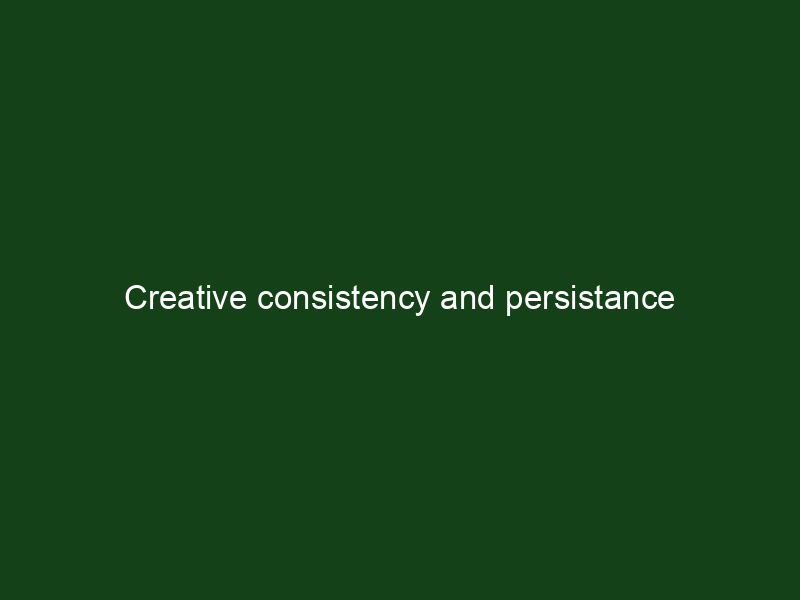Creative consistancy for success
creative consistancy http://lifehacker.com/the-under-appreciated-benefits-of-creative-consistency-1678061573
http://www.military.com/special-operations/seal-training-mental-preparation.html
Take it into new directions – be creativ http://www.businessinsider.com/50-universal-truths-for-success-2013-10
When we are talking about creativity, we usually think about “WOW” moments, new perspectives, brainstorming and excitement. However, this is probably about 10% of being creative. The other 90% is persistence, hard and gray work of finding one supporting fact after another, checking one suggestion after another, experiencing one disappointment after another… Being productive and creative requires a lot of mental resilience.
Typically we discuss the mental resilience in terms of building a career, dealing with ups and downs of life and happiness, handing a life crisis. Here we discuss a totally different aspect of mental resilience: grinding and repetitive work performed by creative and extremely intelligent people.
There are many good advices for reaching success.
Some of these advices include:
- If you spend most of your time using your talents and doing things you are good at, you’re more likely to be happy.
- If you can’t be passionate about the work itself, be passionate about the reason you do it.
- No one ever has all the resources they want. It’s a blessing in disguise. You’ll have to get creative.
- How long it takes you to create something is less important than how valuable and worthwhile it will be once it’s created.
- No matter how successful you get, you can still fail and fail big. It’s part of the process.
- Things always go wrong. The only way to keep that from hurting you is to plan for that.
There are many other good advices in the acticle, but we will treat some other advices elsewhere.
This article argues in favor of creative consistency. In highly uncertain environment, which
is characteristic to research and entrepreneurship activities, it is very hard to set good goals. It is almost impossible to gauge progress, since success is an issue of chance and there is not enough statistics to predict well enough… Intelligent people have understanding of their limitations, and the road not yet taken seems more challenging. Quite often it is significantly easier simply to do the job than find and train someone else to do it properly. So we do need to train our mental resilience to handle mundane tasks.
So how do we train to handle the boring grinding stuff?
Try to generate flow
- Start with easy stuff, and slowly increase complexity
- Try to find a rhythm to your work. We can work much better if our work is properly placed
- Think of ways to speed up your work. As the challange grows, so does the fun [up to some point]
Multitask without multitasking
- Some tasks require attention, and simple multitasking will not work. Try to think which form of multitasking will not draw your attention from your project, for example sing.
- While you wait for the results, do visualize. Try to visualize the task you are dealing with from as many perspectives as you can.
- While doing something that does not require thinking, try to generate new ideas. Create spreadsheets of presentations with ideas.
- If you need to analyze results, think of new ways to visualize them.
Socialize
- Good results are achieved by great teams. Try to team up with good people.
- We have friends and family members which fill our heart with warmth. Visualize them.
- Tell jokes. Debate. Lead. Get socially involved.
Lifestyle
- Some people think that intellectual work generates headaches, but most pains experienced by knowledge workers are in lower back area. So some sport will help you in the long run
- Get enough sleep, or you may get cranky. Eat well and drink well to function properly [no headacheche, not being tired etc].
- Meditation is probably the best training for patience. Try to meditate.
Be persistent and do not give up. It is a common belief that if you do the same thing twice you will get the same result, so do try different ways of doing things. Persistence is highly correlated with success in life, so it is a great skill to develop.

Get 4 Free Sample Chapters of the Key To Study Book
Get access to advanced training, and a selection of free apps to train your reading speed and visual memory


Thank you Lev, great article!